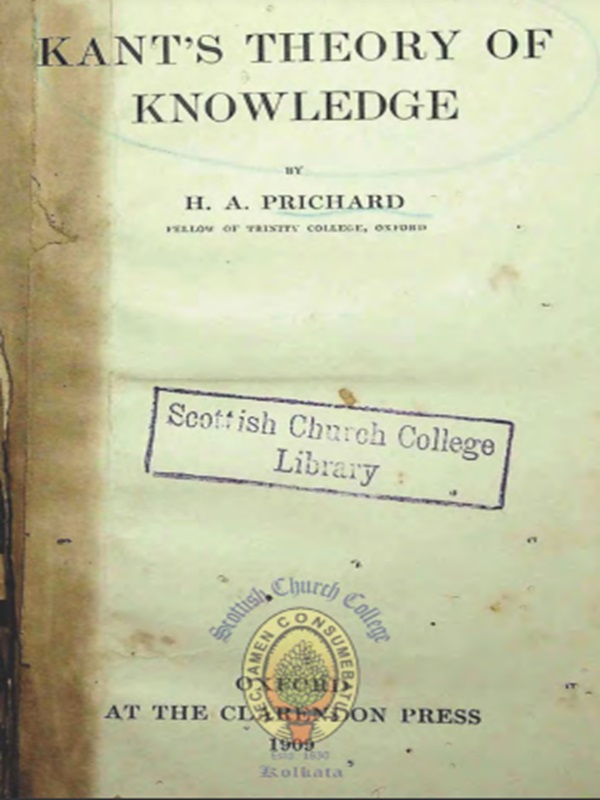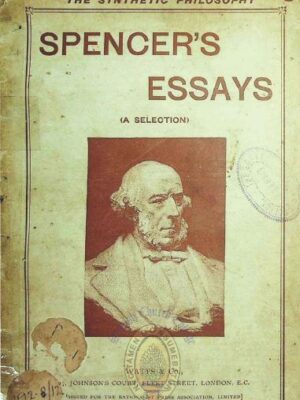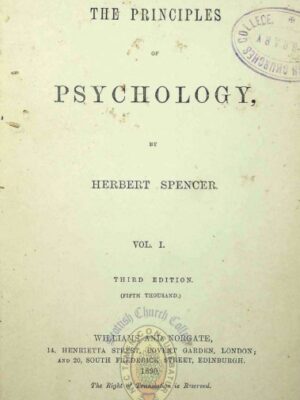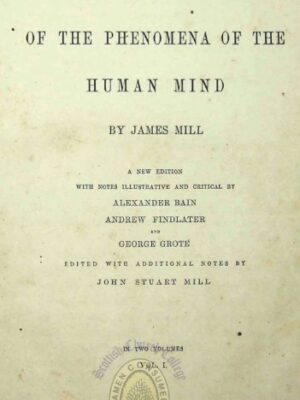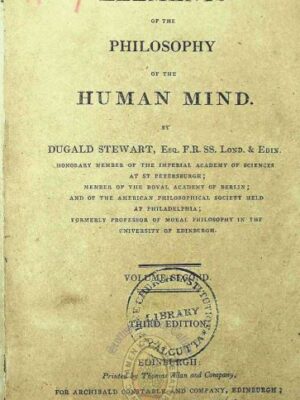Description
Kant’s Theory of Knowledge by H. A. Prichard offers a critical examination of Immanuel Kant’s epistemology, primarily as outlined in the Critique of Pure Reason. Prichard analyzes Kant’s concepts of a priori knowledge, the distinction between phenomena and noumena, and the nature of human perception and understanding. He discusses Kant’s efforts to reconcile empirical knowledge with rationalism, providing insights into Kant’s revolutionary approach to knowledge and reality. This work is essential for students of Kantian philosophy, offering a rigorous analysis of the structure and limitations of human cognition as proposed by Kant.

